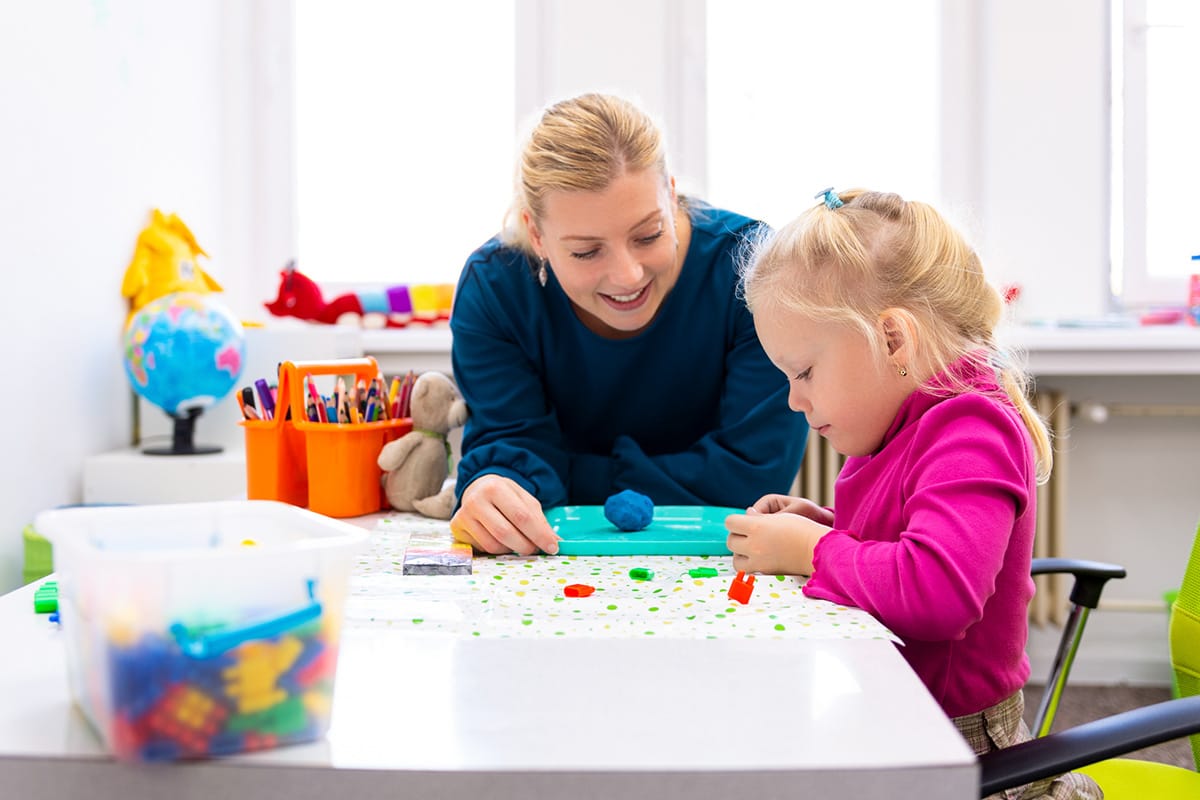
I’m often asked “What is play therapy and how does it work?”. I LOVE this question! As a Registered Play Therapist and Supervisor, I love play therapy! I am passionate about supporting growing therapists and families to learn more about what play therapy is and how it can help kiddos.
Play therapy is a type of therapy that is designed to meet kids where they are at developmentally. So grown-up, you come to my office and are struggling with something, we can talk it out. You have developed the skill of expressing and receiving language for meaning and symbolize. That’s a BIG skill, one that we often do not realize how long it took us to develop. The reality is that our kiddos do not have that ability yet. Yes, a 7 year old can tell you how their day was and what they may have done, however they do not have the skill yet to translate their experiences of those deeper meanings into language. That’s where play comes in! Play is their language to express those confusing, scary, painful, shameful, happy, connecting experiences. Play becomes a translator to a trained play therapist to help the therapist see and support the child in their world. The beauty of play therapy is that it not only becomes a translator, play allows the child to enter into “talking” about hard things in a way that feels safe! Play therapy is a beautiful tool to help children make sense of the world they live in, learn about themselves, and develop coping skills.
The other beauty of play therapy is that its job is to support the child in the playroom and then at home with the caregivers. Play therapists have the ability to help a child make sense of their world and then support caregivers in understanding the child more. Play therapists also work with parents and caregivers to help them build skills and learn tools to help make the family run smoother!
So then, you may be asking yourself who is right for play therapy? In my opinion EVERYONE! Traditionally play therapy is for kids ages 3-10 who are struggling with anything and everything; trauma, bullying, big emotions, self-esteem, rearranging families, illness! Anything that you can think of why YOU as a caregiver would need a safe space, then that’s the safe place that play therapy provides for your child.
Author: Meagan Jackson
